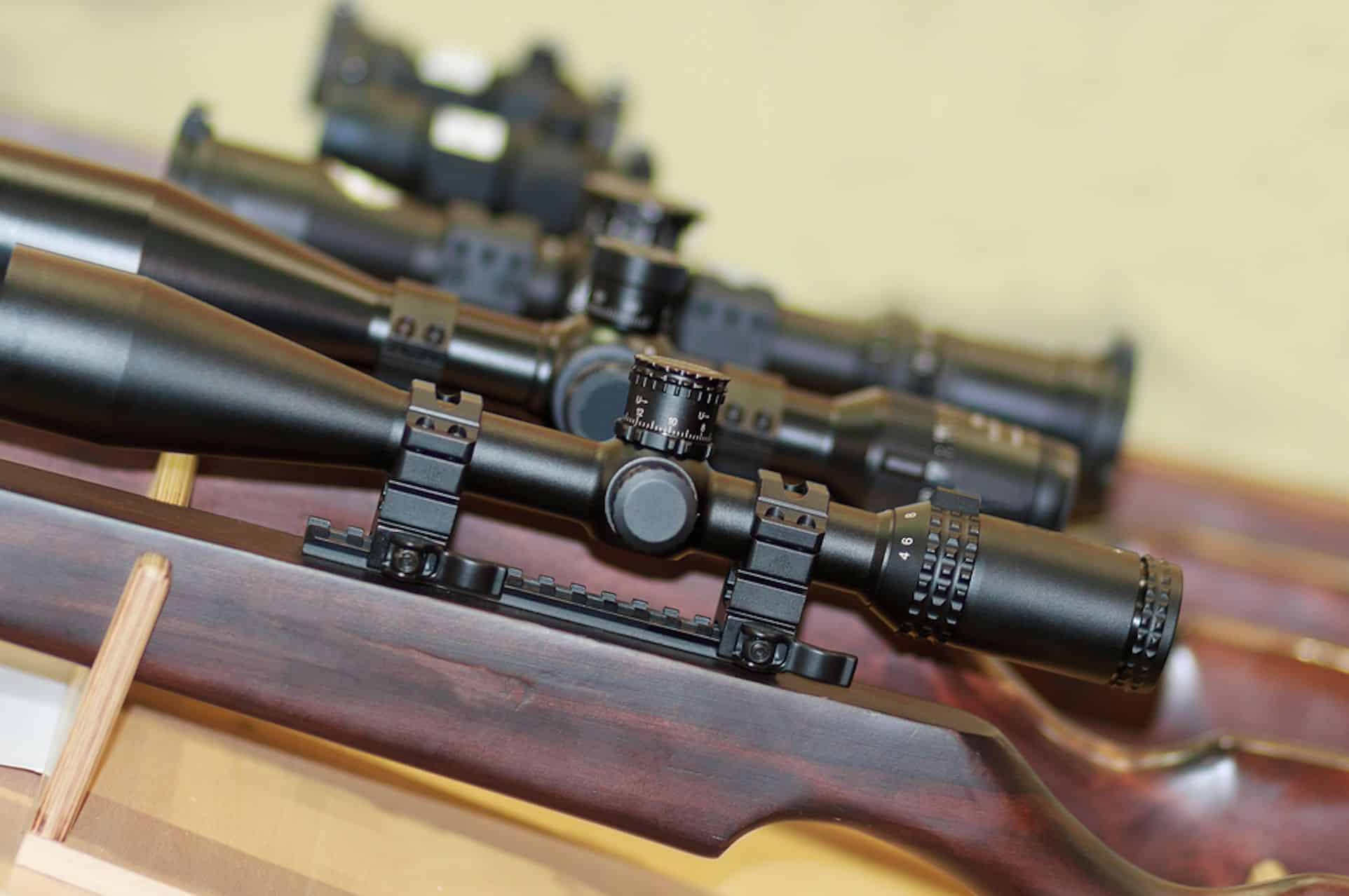Russia plans to test missiles off Norway this week in an area where NATO is carrying out its biggest military exercises since the end of the Cold War, a move seen as an escalation of tensions in the Far North.
“We were notified last week about the planned Russian missile tests outside the coast here,” NATO Secretary General Jens Stoltenberg told reporters in western Norway where the Trident Juncture 18 exercises are taking place.
The manoeuvres are aimed at training the Atlantic Alliance to defend a member state after an aggression.
Mobilising some 50,000 troops, 65 ships and 250 aircraft from 31 countries several hundred kilometers (miles) from Norway’s border with Russia in the Arctic, the exercises have angered Moscow, which had vowed to “retaliate”.
“Despite the pretty awkward attempts by representatives of the Alliance and its member states to present this military activity as defensive, it is obvious that this show of force is clearly of an anti-Russian nature,” the Russian foreign ministry said.
The Russian military announced last week it was deploying four vessels in the North Atlantic for exercises of its own.
“Russia has significant naval forces in this area,” Stoltenberg said Tuesday. “I expect Russia to behave in a professional way.”
NATO downplays it
NATO’s chief sought to tone the situation down.
“We will of course monitor closely what Russia does but they operate in international waters and they have notified us in the normal way,” Stoltenberg said.
According to Avinor, the public operator of most civil airports in Norway, Russia sent a NOTAM (Notice to Airmen) about the missile tests November 1-3 in the Norwegian Sea.
The indicated zone and dates overlap with those of Trident Juncture, which is taking place from October 25 to November 7.
An Avinor spokesman, Erik Lodding, said this type of notification in the middle of an exercise zone was “not very common” to his knowledge, but added “there is nothing dramatic” about a NOTAM.
“It’s the normal procedure,” he told AFP.
The missile tests “will not change the plan of our exercise,” Stoltenberg said.
The two sides are to meet Wednesday in Brussels for talks under the NATO-Russia Council.
“When relations between Russia and NATO are difficult, it’s especially important to have a dialogue,” Stoltenberg said.
Norway also tried to avoid any build-up of tension.
“To let oneself be irritated by it would be a way of escalating things. They follow the rules and get to train as they wish,” Defense Minister Frank Bakke-Jensen told a handful of journalists.
‘New Cold War’
But experts in international relations saw things differently.
“It is very clear that what some people have termed ‘the new Cold War’ has been transplanted to the North in a way very few people expected after the 2014 Ukraine crisis,” Julie Wilhelmsen, a Russia expert at the Norwegian Institute of International Affairs (Nupi), told AFP.
“Four years later, we see that interactions between states in this zone are caught up in an escalation of tensions between NATO and Russia,” she said.
While Russia has been angered by the exercises, it has also flexed its own military muscle lately.
In September, it conducted its biggest ever military exercises, Vostok-2018, with some 300,000 soldiers in eastern Siberia and the Russian far east.
“Today, and especially since 2014, the Kremlin is obsessed by what it calls the ‘encircling’ of Russia, meaning NATO’s encroachment on Russia’s borders, which is perceived as offensive,” Wilhelmsen explained.
“In its proximity, Russia will not back down from what it sees as its right to defend its security interests,” she said.
An advisor to France’s Foundation for Strategic Research, Francois Heisbourg meanwhile wondered whether it was a “good idea” for Russia to “actively play into NATO’s Trident Juncture scenario.”
The “Kremlin is doing its utmost to prove to the Nordics that the Russian threat is not a Western artefact,” he wrote on Twitter.










